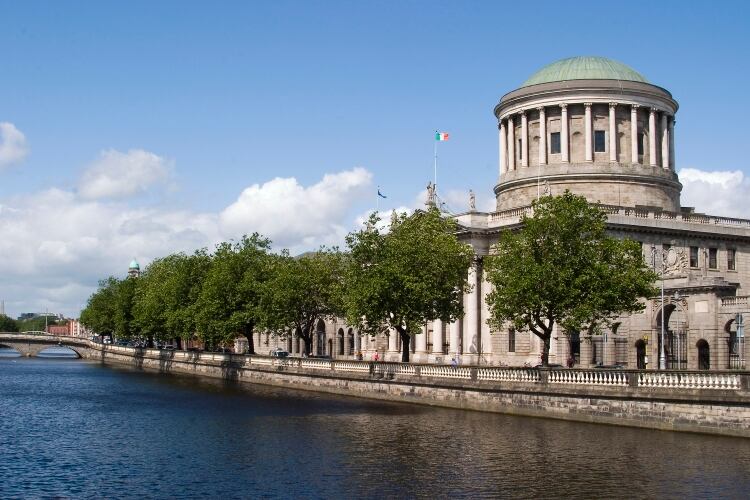The proposal is a joint venture between Glanbia and Dutch company Royal A-Ware at Belview Science and Technology Park at Slieverue, County Kilkenny.
An Taisce is a charity that works to promote environmental awareness and action in the context of the climate and biodiversity emergencies. It has a prescribed role as a statutory consultee on planning and environmental matters under Irish planning legislation.
Having considered the High Court judgment in detail, the environmental charity said it believes it raises points of law of exceptional importance, which should be appealed in the public interest. These go to the fundamental legal obligations for environmental assessment in planning matters, in particular in relation to dairy processing, An Taisce said.
“We are therefore compelled by our statutory role to seek an appeal based on concerns about the specific project, and the precedent this judgment might set in relation to other similar or comparable projects in the future,” An Taisce said.
“In addition to the specific concerns for intensification of the dairy sector, An Taisce’s mandate requires it to engage with the planning system to promote human and ecosystem wellbeing and resilience for the benefit of the nation. Were An Taisce not to challenge this decision, it would establish a precedent on which future decisions may legitimately rely.”
The charity said it has a fundamental concern for how this specific development will add to what it called “the perilous state of Ireland’s carbon and pollution footprint. Dairy production, and the supporting chain of industrial activity and animal husbandry, is a substantial contributor to Ireland already breaching key European metrics for emissions and environmental controls.”
To align with its own national Climate Action Plans and with EU Directives on water quality, biodiversity and ammonia emissions, Ireland is required to reduce environmental impacts from current levels.
“There is no room for increases. In that context it would be unconscionable to ignore the impact of the increased production required for this development and the inevitable added negative impact for the environmental performance of the Irish dairy industry,” An Taisce said.
An Taisce said it is aware of the scale and tone of public comment since it first sought a review of this planning decision.
“Contrary to some public commentary, we care deeply about the viability of Irish rural life. We want the long-term sustainability of Ireland’s agriculture and food sector to be assured, but the continued expansion of intensive dairying presents an existential threat to that possibility. Science supports this view and we feel strongly that decision makers and commercial interests must recognize the urgent need to bring us into compliance with our binding national and European legal obligations.
“We recognize that we are holding a position that differs from strong and vocal lobby groups who have a primary obligation to shareholder and contractual partners. We are obliged to remain independent of political or commercial influences and are guided only by scientific intelligence including that supplied by expert European institutions and the competent state agencies here in Ireland.”

